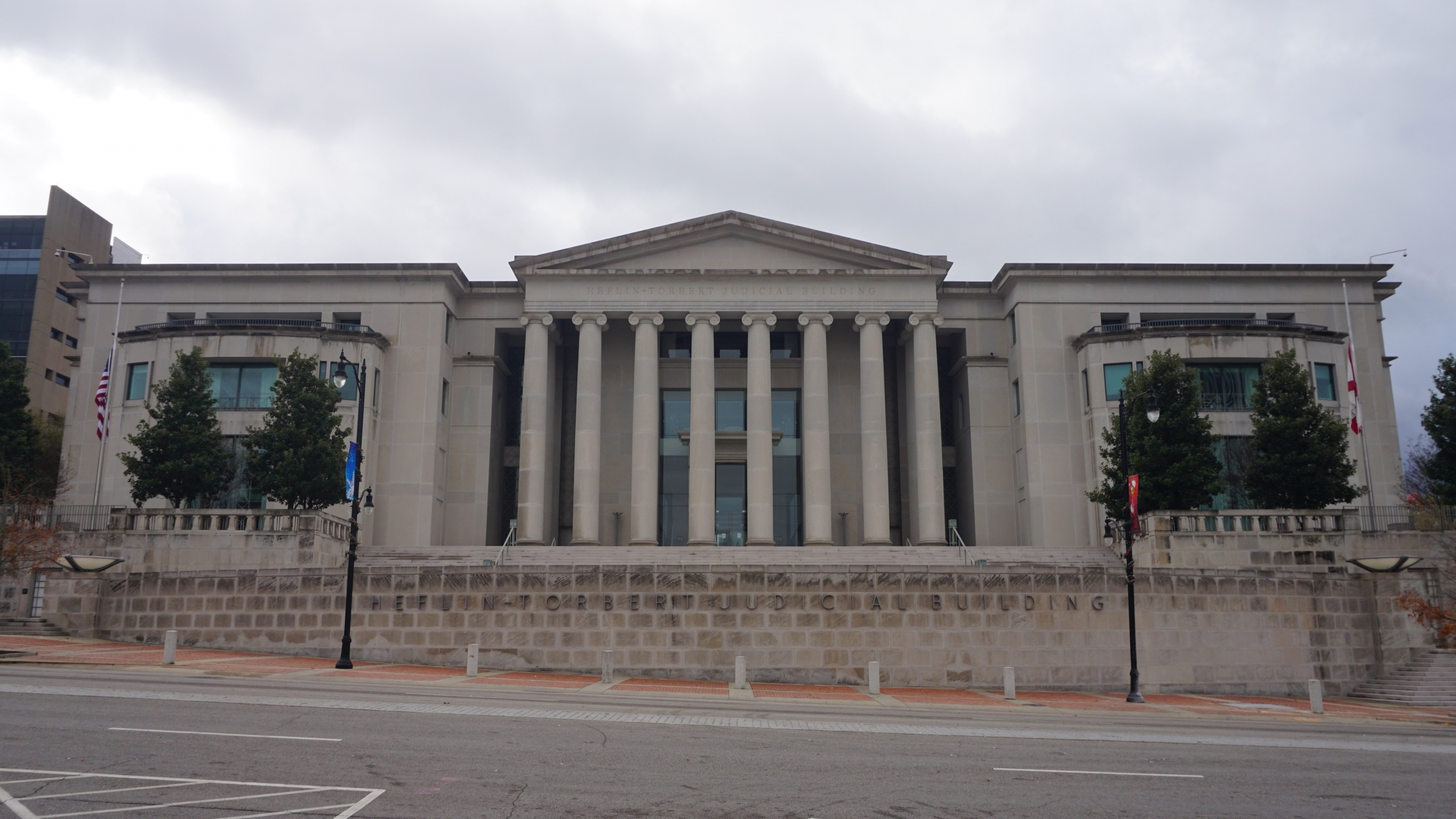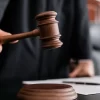Demons are ice skating. Pigs are nesting in trees and soaring over mountains. And I, much to my surprise, agree with Alabama Supreme Court Chief Justice Tom Parker, perhaps the court’s most conservative jurist.
Parker is a protégé of disgraced former Chief Justice Roy Moore. And I don’t recall ever agreeing with either one of them about anything. Yet here I am, about to be quoting Parker extensively from his dissent in Lagniappe Weekly v. Huey Hoss Mack, Anthony Lowery, and Michael Gaull.
Lagniappe is a weekly paper that reports on news in Mobile and Baldwin counties. It’s been publishing for nearly 20 years.
The weekly made a records request back in 2017 regarding the shooting of Jonathan Victor by Baldwin County Deputy Sheriff Matt Hunady. Victor was the driver in a single-vehicle accident. He had no passengers.
Media reports said that Victor approached Hunady and other deputies in a shooting stance after the crash, but that no gun was found – only a pair of scissors. And his wrists reportedly were bleeding.
Hunady’s body cam recorded the shooting. A citizen also recorded it with a cell phone.
The journalists at Lagniappe wanted what many of us want after these police shootings: to see for ourselves what happened. We don’t want the accounts of law enforcement to be our only window into these tragedies. Especially when the shootings are ruled justifiable, as this one was.
Unfortunately, the Baldwin County sheriff disagreed and rejected Lagniappe’s request. A lawsuit ensued, ultimately landing on the desks of our state’s highest court.
The majority of the justices ruled that the sheriff’s department wasn’t obligated to honor the record’s request. They decided that the videos and other content Lagniappe sought under the Open Records Acts are exempt because they are “investigative.”
Parker comes to the rescue, at least in terms of the public dialogue. His dissent begins heavy on, to use his words, “linguistic and syntactical” analysis. Then he gets to the key point: “This Court has repeatedly emphasized that exceptions to the Open Records Act must be narrowly construed in favor of disclosure of records.”
Four significant words: in favor of disclosure. Without disclosure, democracy is a blink away from being a dictatorship. That’s because governments that don’t disclose aren’t being accountable. And virtually by definition, unaccountable governments aren’t acting in the best interest of the people.
Otherwise, why not be accountable?
Parker backs up his argument about the majority’s judicial hypocrisy by quoting Allen v. Barksdale: “Citizens are entitled to information regarding the affairs of their government. Alabama’s Open Records Act first appeared in the 1923 Code of Alabama and represents a long history of openness. The Open Records Act is remedial and should therefore be construed in favor of the public. … The exceptions to the Open Records Act should be strictly construed, because the purpose of the Open Records Act is to permit the examination of public writings and records.”
Parker’s not done.
“[The investigative-privilege statute] is … an exception to the Open Records Act and thus should … be narrowly construed. This conclusion is in keeping with the broad general policy of open government. The document reflecting the work of government belongs to the public, and, although exceptions to disclosure of such documents are necessary, any exceptions should be narrowly construed. In other words, the Open Records Act favors disclosure, and exemptions to that Act, including those created by statute, must be narrowly construed.”
In his summary, Parker directly attacks the idea that the body cam and cell phone video in the shooting of Victor should be considered exempt as “related investigative material.”
“Material that merely documents an incident – whether mundane or serious – is not included. And material that is merely part of a process of observation and information collection, even if that process ultimately leads to an investigative report, is not included.”
Parker goes on, but I will stop there. He’s more than made his point.
I’m no lawyer. And I’m certainly no state Supreme Court justice. But a person doesn’t need to be either to see what’s at issue with this ruling. By lowering the standard of accountability, the Alabama Supreme Court has made all citizens more vulnerable to police malfeasance, misconduct or just plain old mistakes. And that’s because the court has strengthened law enforcement’s ability to be less accountable.
This ruling was downright undemocratic. My only shock is that it was a right-wing conservative chief justice who decided to stand up for the people.
















































